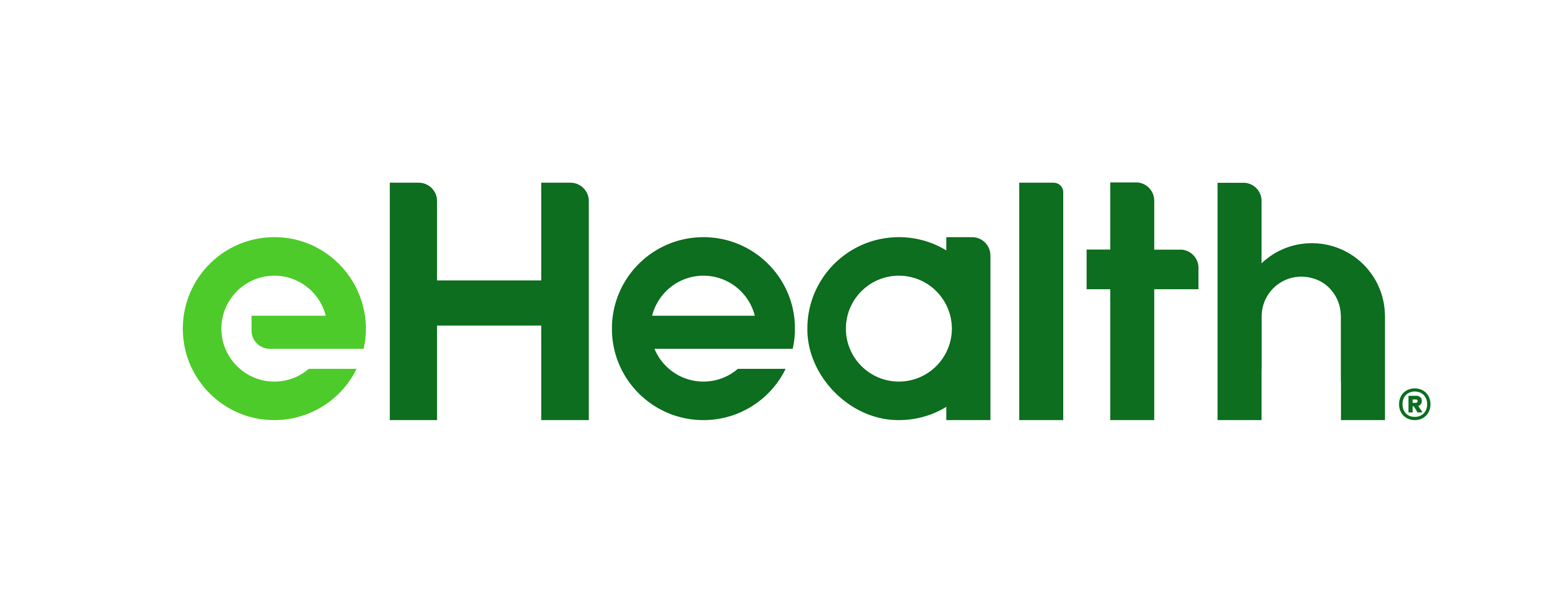Health Insurance & Income Tax: eHealthInsurance Releases Tips for 'Accidental Entrepreneurs' and the Self-Employed
According to the Bureau of Labor Statistics, as of December 2009 over 9 million Americans -- 6% of the workforce -- considered themselves "self-employed," an increase of 2.5% since December 2008(1). With more Americans pushed into "accidental entrepreneurship" by lay-offs and a tough job market, many will be filing federal taxes as self-employed persons for the first time this year. eHealthInsurance has compiled the following tips to help them understand the special opportunities and considerations they may face at tax time.
Health Insurance Tax Tips for the Self-employed:
-- Deduct your health insurance premiums as a business expense -- If you had self-employment income in 2009, you may be able to deduct health insurance premiums paid for yourself and your dependents as an 'above the line' business expense (that is, without itemizing) on your federal tax return. Be aware, however, that you may not deduct premiums paid for any month in which you were eligible to participate in an employer-sponsored health insurance plan, and that the amount you deduct cannot be greater than your net self-employment income for the year. Talk to a tax professional to learn more about the different types of self-employment status and the tax implications of each in your state. -- Make an itemized deduction for medical expenses -- According to IRS Publication 502, if your qualifying medical expenses for 2009 total more than 7.5% of your adjusted gross income, you may be able to deduct the excess amount if you itemize. Qualifying medical expenses may include things like out-of-pocket costs for copayments, deductibles or prescription drugs, as well as medical services and supplies not covered under your health insurance plan. Note that you cannot take an 'above the line' deduction for health insurance premiums (as discussed in the first bullet above) and also include them in your itemized deduction for medical expenses. -- Get the most out of your Health Savings Account (HSA) -- An HSA is a tax-advantaged savings account used in conjunction with an HSA-eligible health insurance plan. Account contributions, qualified distributions and earnings are all tax-exempt. An HSA allows you to deposit a portion of your pre-tax income into a savings account and use those funds to pay for qualified medical expenses. Unused money accrues in the account from year to year. If you have an HSA-eligible health insurance plan and Health Savings Account, be sure to deduct your contributions up to federally prescribed limits. For the 2009 tax year, HSA contributions were limited to $3,000 for individuals and $5,950 for families. If you're not using an HSA-eligible health insurance plan, see IRS Publication 969 and eHealthInsurance's HSA page for more information and savings calculators. -- Be aware of how the COBRA subsidy may alter your taxable income -- If you had COBRA insurance coverage this year and received the 65% federal subsidy designed to make COBRA more affordable, your taxable income may increase depending on how much money you made in 2009. If your adjusted gross income was between $125,000 and $145,000 ($250,000 - $290,000 for those filing joint returns), you may only be eligible to retain a portion of that subsidy. If your adjusted gross income was greater than $145,000 ($290,000 for joint-filers), you are not eligible for the subsidy and should review your tax liability for the subsidy carefully. -- Deduct Qualifying Medicare Premiums -- The rough economy has forced many Americans to delay retirement. If you recently launched an "encore career" by starting a new business or taking work as a consultant, you're not alone. More and more seniors are among today's accidental entrepreneurs. Premiums you pay for your Medicare coverage (or your spouse's, if you file jointly) may be tax deductible. See IRS Publication 502 for more information. Include qualifying premiums in your itemization for medical expenses and deduct any amount over 7.5% of your adjusted gross income.
Please note that none of the information provided in this release constitutes tax advice. The information is being provided to highlight certain items you may wish to raise with your local certified public accountant or tax professional regarding your federal income taxes for the year 2009. The provisions discussed above may apply differently to you based upon your circumstances, and your local certified public accountant or tax professional will be able to advise you in light of those circumstances.
Footnotes:
(1) As reported by MSNBC January 19, 2010: http://www.msnbc.msn.com/id/34848559/ns/business-success_in_hard_times/
About eHealth eHealth, Inc. (NASDAQ: EHTH) is the parent company of eHealthInsurance, the nation's leading online source of health insurance for individuals, families and small businesses. Through the company's website, http://www.eHealthInsurance.com, consumers can get quotes from leading health insurance carriers, compare plans side by side, and apply for and purchase health insurance. eHealthInsurance offers thousands of health plans underwritten by more than 180 of the nation's leading health insurance companies. eHealthInsurance is an online marketplace licensed to sell health insurance in all 50 states and the District of Columbia, making it an excellent model for successful, high-functioning health insurance exchanges. Through its eCommerce On-Demand solution (eOD), www.ehealth.com/eOD, eHealth is also a leading provider of on-demand e-commerce software services. eHealth's eOD platform provides a suite of hosted solutions that enable health plan providers and resellers to market and distribute products online. eHealth's eCommerce On-Demand solution is currently available to health plan providers in all 50 states and the District of Columbia. eHealthInsurance and eHealth are registered trademarks of eHealthInsurance Services, Inc.
For media inquiries, please contact:
Sande Drew
eHealth, Inc.
(916) 207-7674
sande.drew@ehealth.com
Kris Kraves
Cogenta Communications
(805) 527-7733 - direct
kris@cogentacom.com
SOURCE: eHealth, Inc.
mailto:sande.drew@ehealth.com
mailto:kris@cogentacom.com
